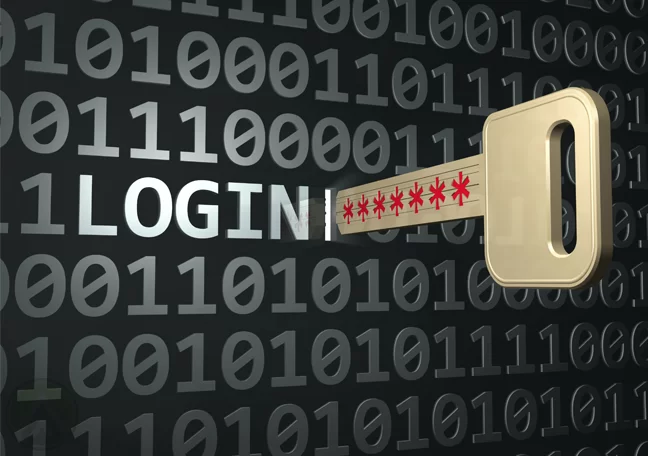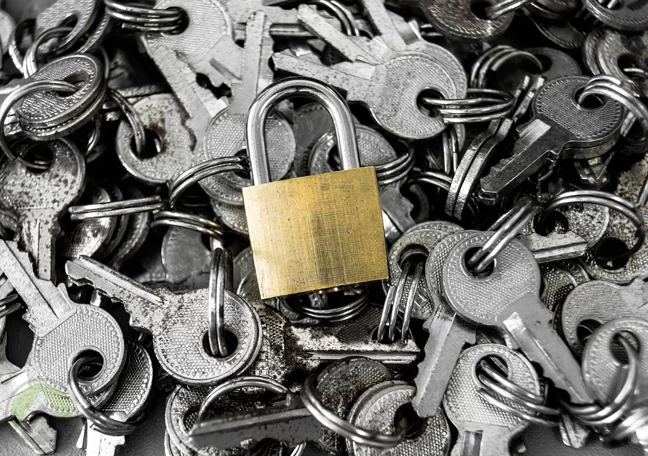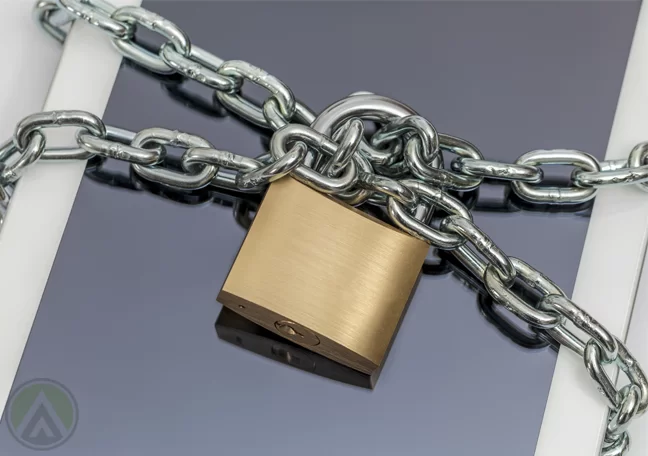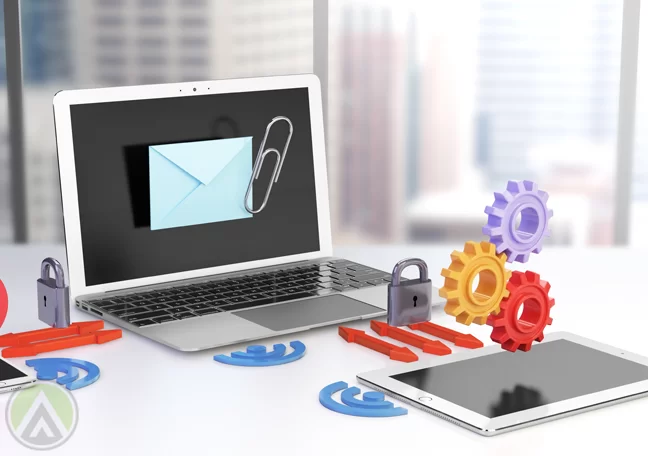Being a bit paranoid about your firm’s online security may help your case if you’re preparing against cybercriminals. You have all the reasons to take this matter seriously, as the number of malicious online attacks against businesses is exponentially increasing. In fact, successful Internet crimes on enterprises have increased by a staggering 144%, according to a 2015 research by web security organization Cyren.
Small to medium businesses (SMBs) and enterprises are attractive targets of hackers because they know that these establishments have less resources for cybersecurity. But you just can’t let yourself be on the receiving end of these Internet security breaches.
Below are some quick Internet protection tips to keep you and your customers’ online information safe.
1. Never answer security questions honestly.
Security questions still do the trick in keeping your data away from hackers. It’s often the last line of your defense, so don’t make it easy for cybercriminals to crack your security questions. For example, your plate number, mother’s maiden name, or the first street you lived in are easy to find online, especially for skilled information pirates.
It’s better to use false information—but one that you can easily remember—when encoding answers to security questions. If you don’t trust yourself to remember them, don’t attempt to store these data elsewhere on the Internet. Instead, try scribbling them on a piece of paper, which you can lock away or keep in a safe place.
2. Use password managers and encryption software.
Remembering passwords for multiple accounts can be a real pain, that’s why there are plenty of people who opt to use the same password for all their accounts. This is definitely a no-no. Instead, you can use password managers that generate unique, complex passwords that are hard to crack. These same apps also store passwords so you can access them with just one click from your mobile phone or desktop, preventing hackers from pretending to be you.
3. Don’t use the same account to sign up for different sites.
Sure, using your Facebook account to sign up for other websites is truly more convenient. You won’t need to go through email verification and other more complex procedures. Unfortunately, this also makes it easier for hackers to fully take over your online presence. A useful tip is to set up your accounts individually. This way, you can prevent cybercriminals from taking control of your accounts all at once.
4. Avoid sending sensitive info through email and SMS.
Think no one snoops on your text messages or emails? Personal inboxes are actually the favorite place of hackers. If you’re not careful about what you say to your colleagues online, information pirates may discover useful information about you, thus compromising your cybersecurity.
5. Secure accounts using two-step authentication.
Several websites now implement Internet security measures, such as the two-step authentication. This process works by necessitating users to verify their identity using external devices such as mobile phones. This way, it’s harder for cybercriminals to gain access to your accounts, unless your devices have been stolen. In such cases, you should immediately change your passwords and set up new Internet security procedures.






